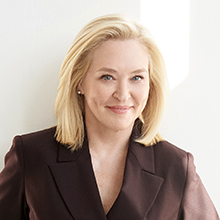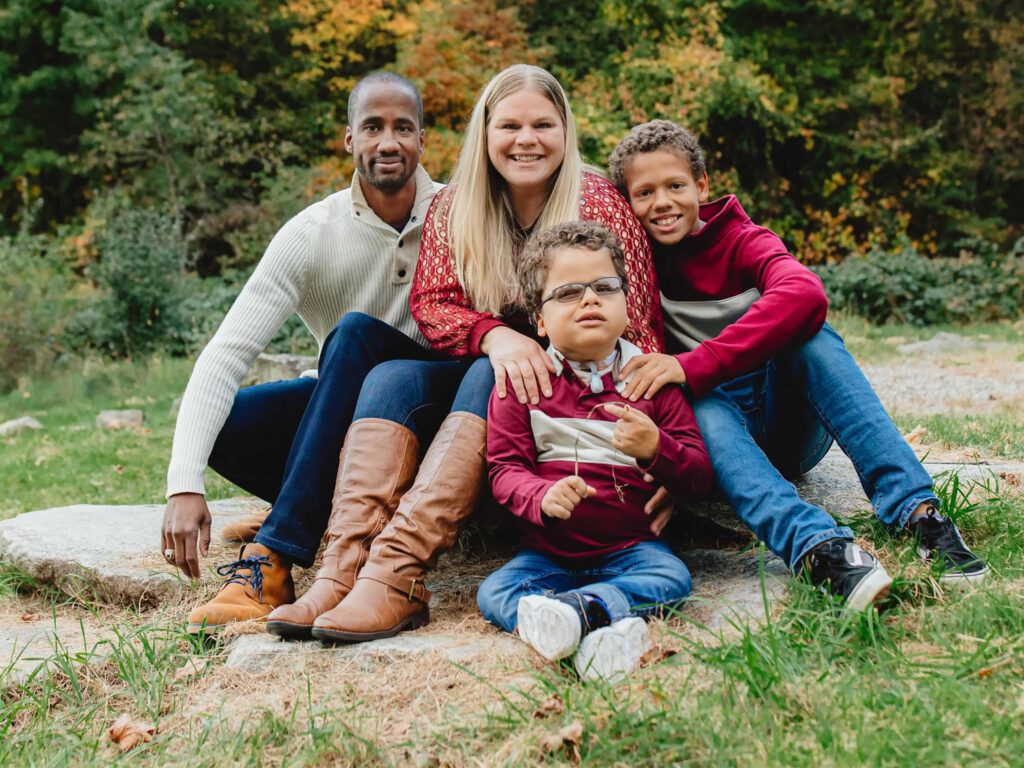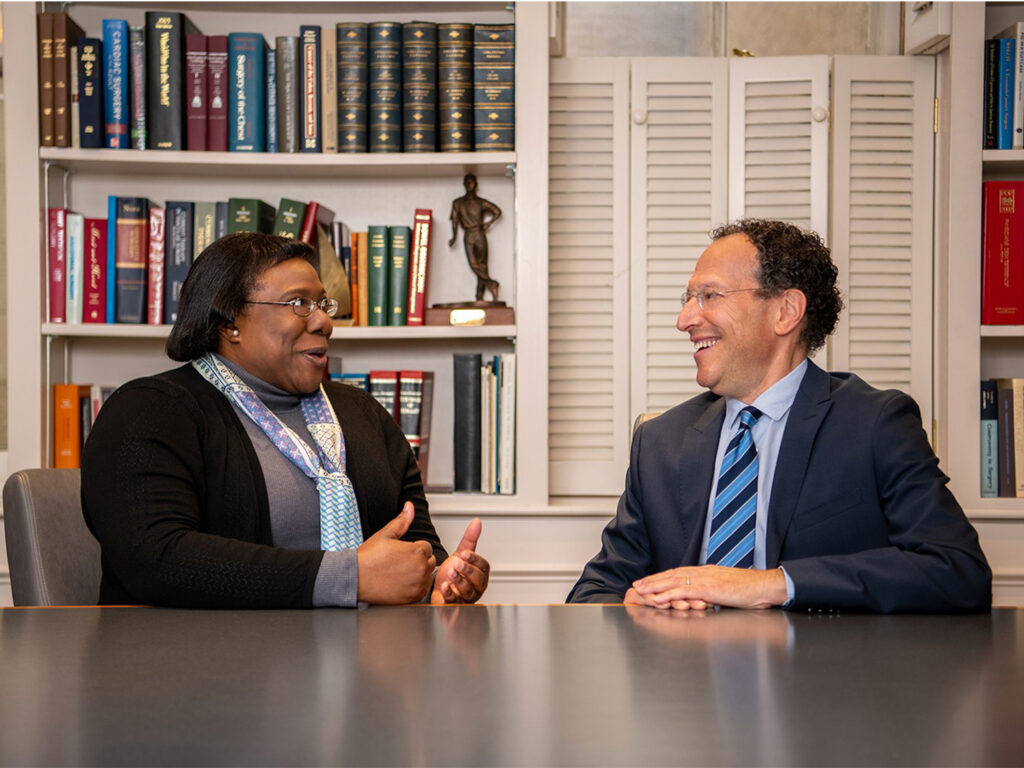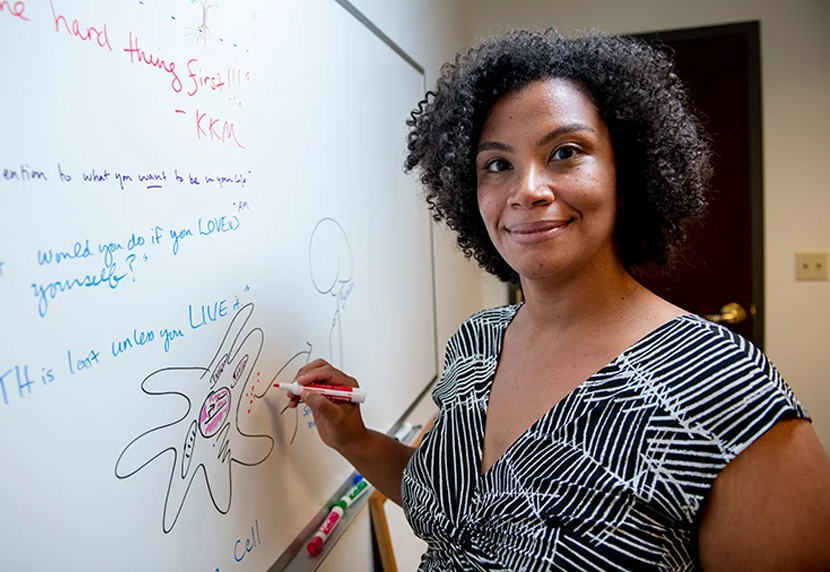Ten-year-old Joyce was always known as a bit of worrier. Even as a two-year-old, she seemed anxious from time-to-time, especially when life was a bit stressful. A new babysitter, a noisy birthday party, or a vacation could all trigger nervousness and crying spells, but these symptoms generally went away fairly quickly.
A little bit of anxiety keeps us motivated and excited about life.
Then, the summer before fourth grade, Joyce’s best friend moved to a new town, and her mother had appendicitis that required an emergency surgery. Though Joyce’s mother recovered after a reasonable time, Joyce couldn’t stop worrying about her mother’s health. She had trouble falling asleep at night. She worried that her mother might die, that a burglar might enter the house because the doors weren’t locked, or that all of her other friends would move away.
Although she had always been a good student, her performance in school suffered. She became perfectionistic, spent far too much time completing homework and needed a lot of reassurance about her performance. The school nurse became well-acquainted with Joyce, as she frequently complained of stomach and headaches.
Anxiety is Part of Life
Everyone experiences anxiety. It’s part of life. In fact, some anxiety is a good thing. A little bit of anxiety keeps us motivated and excited about life. It can serve as a warning sign when we need to make changes and can protect us from entering dangerous situations. It’s even been found to be a plus in leadership because it can make us be more careful in considering the possibility of multiple outcomes, particularly risky ones.
But Joyce’s anxiety had gone beyond the level where it was a positive influence in her life. In fact, it had become quite debilitating. Joyce had generalized anxiety disorder (GAD), a disorder characterized by feelings of anxiety. The symptoms include excessive worry that interferes with a person’s ability to function at school, at home, or in social relationships.
We don’t know what causes general anxiety disorder, but it’s most likely a combination of biological and environmental factors.
To receive a diagnosis of GAD, a child must have:
• Worries that are hard to control and that are experienced on most days. These worries are very upsetting, and children may exhibit symptoms such as crying, withdrawal, and tantrums
• Worries that are accompanied by physical symptoms. These can include feelings such as restlessness, problems concentrating, muscle tension, problems sleeping, changes in appetite, stomach aches, headaches, and sweating or shaking.
• The symptoms must be present for six months. Symptoms can occur more days than not during this six-month period. It’s important to note that experiencing anxiety just at the beginning of the school year, or after having a stressful week at school would not qualify for a diagnosis of GAD.
• The symptoms cause significant distress and impairment in functioning. Symptoms can interfere with a child’s ability to function in every day life.
When to See a Doctor
For Joyce, these problems included difficulty performing in school and problems with friendships. Joyce’s parents were concerned enough to talk to her school psychologist, who suggested she see a doctor to evaluate the possibility of an anxiety disorder. In general, it’s good to see a doctor when:
• Your child’s worrying is interfering with school, friendships, or home life
• Your child is showing frequent symptoms of depression, irritability, problems with sleeping, eating or nervousness
We don’t know what causes GAD, but it’s most likely a combination of biological and environmental factors that include:
• Differences in brain chemistry
• Genetics
• Behavioral inhibition: a temperament where the child is more inclined to withdraw or become fearful in new situations
• A tendency to be more sensitive to feelings of anxiety, including a tendency to focus more on physical symptoms and interpret these as being harmful
If your child does get a positive diagnosis, keep in mind that GAD is very treatable.
The Most Effective Treatment
Regardless of the cause of GAD, we are constantly learning more about ways to treat the symptoms. The most effective treatment for GAD is cognitive behavioral therapy (CBT), which focuses on the presenting symptoms, is very goal oriented, and is skills-based. Therapy starts with educating the child and entire family about GAD so that they can identify the symptoms. Once symptoms, such as worrisome thoughts, have been identified, the therapy focuses on coping skills. Coping skills can include practicing handling challenging situations or faulty thought patterns. Other skills can include meditation, breathing exercises, and mindfulness. Medication can also be used to treat GAD, and for some kids both psychotherapy and medication is the best treatment option.
To know for sure if your child has GAD, you need to get a diagnosis from a professional. The best place to start is with your child’s pediatrician. If your child does get a positive diagnosis, keep in mind that GAD is very treatable. After four months of weekly CBT treatment, Joyce experienced a significant decrease in symptoms.
To make a donation to support the work of Dr. Braaten and the MGH Clay Center for Young Healthy Minds, please contact us.
This article first appeared on the MGH Clay Center for Young Healthy Minds website.







